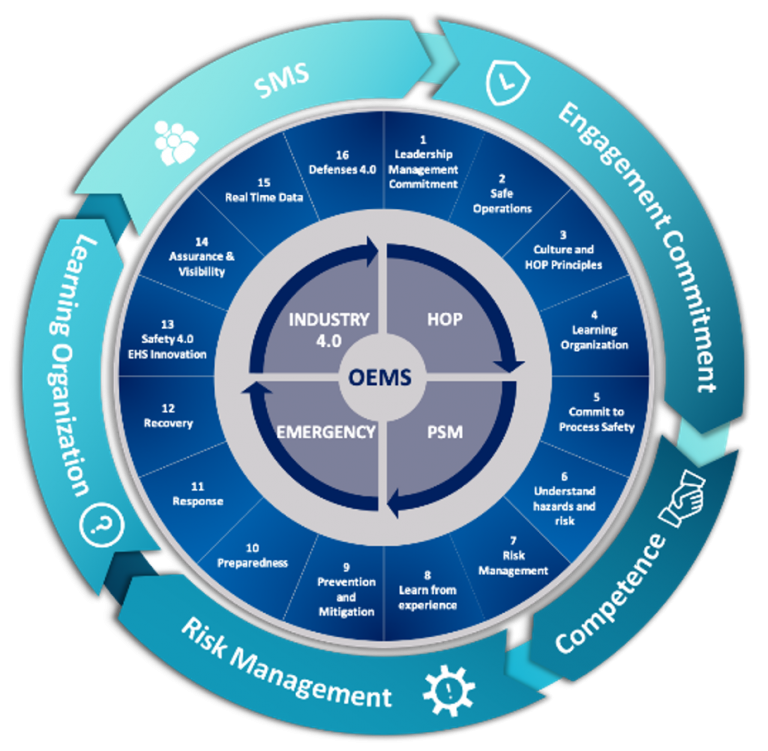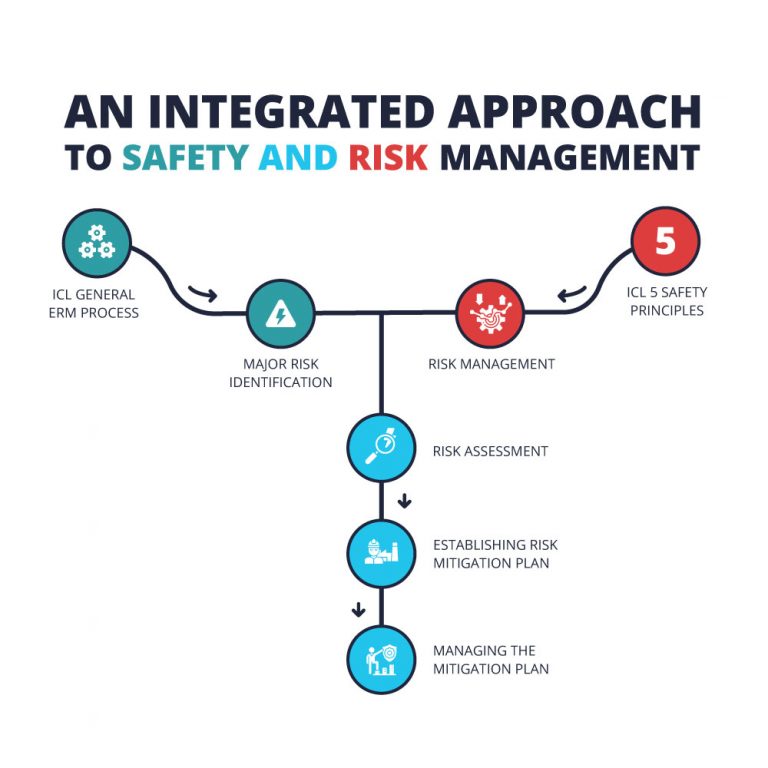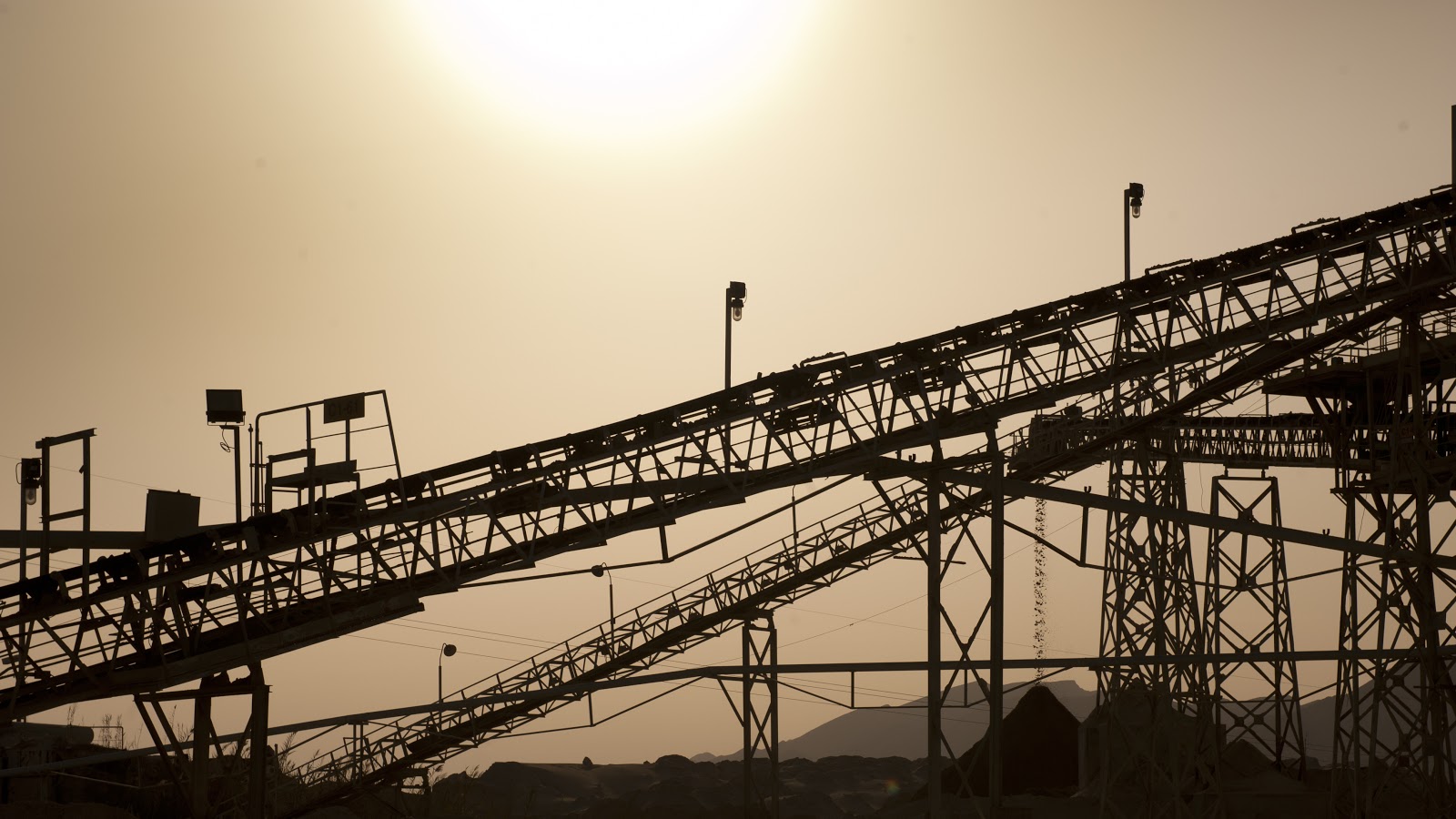ICL conducts comprehensive and repeated safety training and certification control systems for all employees, service providers, contract workers and others entering and working at ICL sites.
ICL aims to implement a growth mindset to learn from failures and successes across the organization. ICL has a well-organized learning process, both for proactive and reactive safety management. The workflow includes tracking the implementation of corrective actions and preventive actions.
Analysis of accidents and near misses are conducted at all ICL sites.
EHS committee and other related forum meetings include safety case studies, along with preventive and corrective actions. All operation managers share proactive and reactive safety case studies and insights on a monthly basis.
These processes are accompanied by learning teams which include safety coaching activities guided by trained managers from ICL. The process is supported by our system.
ICL also uses Yammer (a collaboration tool) that helps employees connect and engage across the company, including EHS managers.
In December 2022, ICL hosted a safety conference that included representatives from our sites across the globe. Insights gained from the conference were shared and widely implemented across the organization.
This type of systematic knowledge sharing system helps implement best practices and create a safer working environment.











